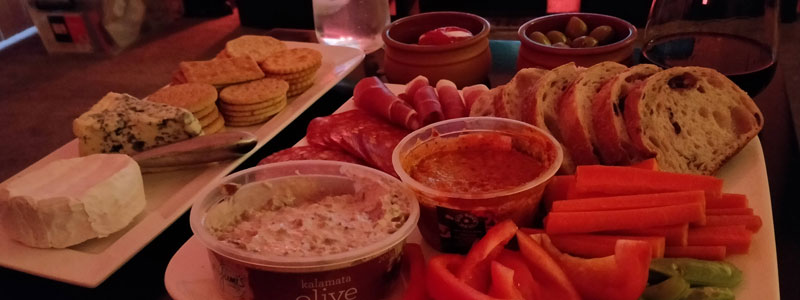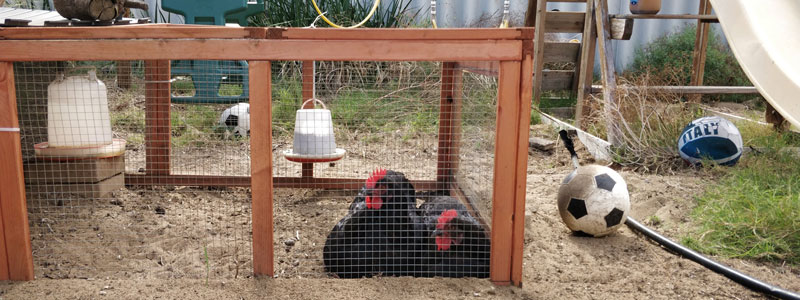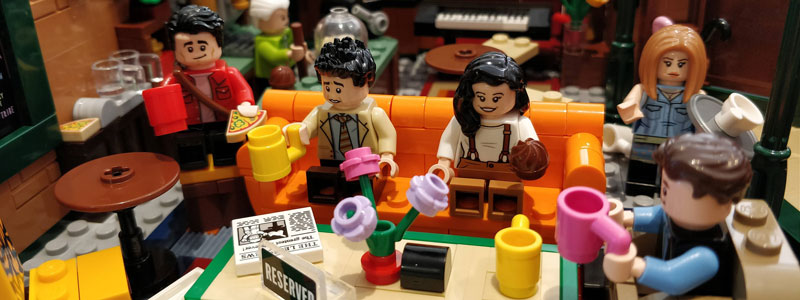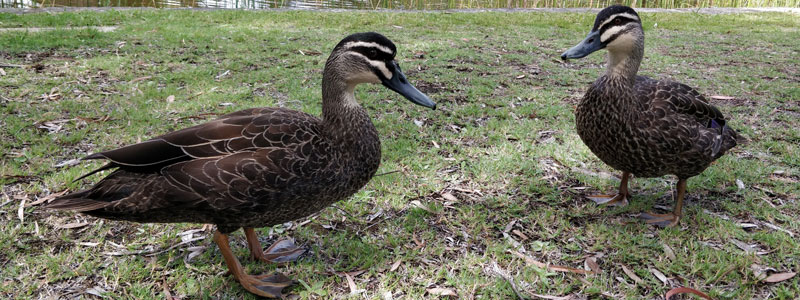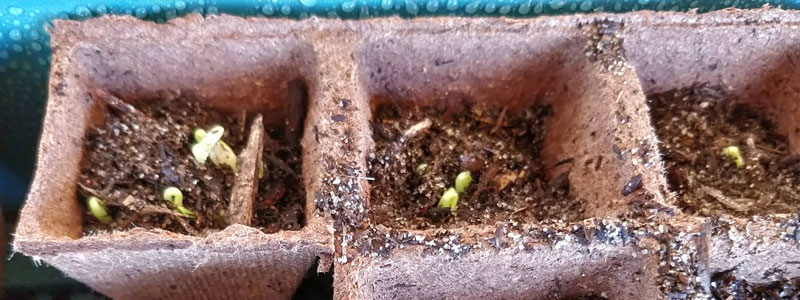(March 23 – 29)
It’s been a relatively good writing week: about 1500 words written on the new chapter (yess, it’s hardly an epic spree, but I’ll take it under the circumstances). I have found that while I’ve kept on writing each morning (benefits of a previously established routine), the words have been coming much, much slower. So it’s just as well my mornings have gotten much, much longer of late, allowing me an indulgent two-hour stretch to do writing, exercise, and other sundry morning duties.
My favourite writing moment of this week came when I had to develop a backstory for one of my main characters. I knew the moment was coming, and had a panoply of vague thoughts in the back of my head; nevertheless I still reached a point where I abruptly realised that I couldn’t continue writing until I had this backstory worked out.
So, I ‘sacrificed’ one of my writing mornings to put it together and, frankly, it came together beautifully; so beautifully, in fact, that I find myself wanting to write it as a whole second novel. That may or may not happen (I have this one to get out of the way first) but it’s very gratifying to see a vague idea, become a spark, and grow into a solid, exciting plot.
Pandemic Lyfe
I’m going to skip the one good/bad thing this week in favour of a brief update on how things are going. The routine has been going pretty well, although we all tend to get distracted fairly quickly; it’s hard to maintain the usual focus with all the upheaval (and, for me in particular, it’s hard to maintain focus with kids in the background).
I’ll have to work on some techniques for maintaining focus (which I suspect will involve the use of headphones) but for now the slightly adjusted routine is:
- 8:30am Breakfast
- 9am Homework / Assignments (10 minute break allowed)
- 10am Documentary + Crunch & Sip
- 10:50am Recess
- 11:10am Self-directed learning (10 minute break allowed)
- 12:30 Lunch
- 1pm Creative Play / Hobbies / Exercise
- 3pm Screen Time
We’ve found that we can still hear the various sirens going off at the Kinderbeast’s school (signifying when breaks start and end), so I thought it made sense to stick as closely to the school routine as possible. Within the one-hour blocks, the Kinderbesten get two 10-minute break ‘pass cards’ each which they can use at their own discretion.
The afternoons have typically ended up with the Elderbeast retreating to the PS4 (which at least is a way for him to connect with his friends, even if that connection seems to involve lots of swearing). However, the Kinderbeast has done a great job of keeping himself busy with various activities (mostly involving LEGO) which has been really good to see despite the fact that every single thing has to be narrated directly at me.
All in all, we’re finding our routine and tweaking it as we go where needed. The big challenge will be getting through the holidays, which start a week earlier this time, and getting back into the routine afterward.


